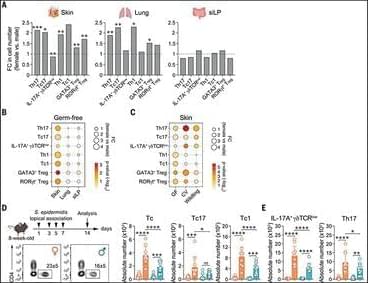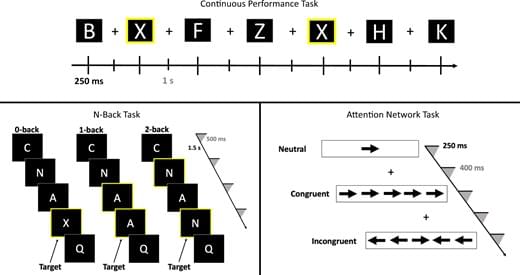May 4, 2024
Temporal dynamics of the multi-omic response to endurance exercise training
Posted by Shubham Ghosh Roy in categories: biotech/medical, health, sex
A study in Nature identifies molecular responses to endurance exercise training in rats, including sex-specific responses. The findings may offer new insights into the impact of exercise on health and disease. Read the paper:
Temporal multi-omic analysis of tissues from rats undergoing up to eight weeks of endurance exercise training reveals widespread shared, tissue-specific and sex-specific changes, including immune, metabolic, stress response and mitochondrial pathways.


















